Filter by

Optimal Motherhood and Other Lies Facebook Told Us: Assembling the Networked …
An exploration of social media–imposed pressure on new mothers: How the supposed safe havens of online mommy groups have become rife with aggression and groupthink. Many mothers today turn to social media for parenting advice, joining online mothers' groups on Facebook and elsewhere. But the communities they find in these supposed safe havens can be rife with aggression, peer pressure, and…
- Edition
- -
- ISBN/ISSN
- 9780262369374
- Collation
- -
- Series Title
- -
- Call Number
- 307
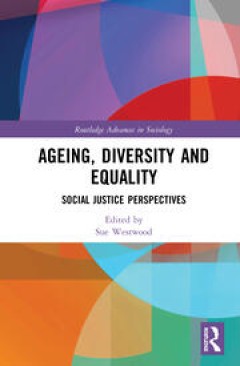
Ageing, Diversity and Equality : Social Justice Perspectives
Current understandings of ageing and diversity are impoverished in three main ways. Firstly, with regards to thinking about what inequalities operate in later life there has been an excessive preoccupation with economic resources. On the other hand, less attention has been paid to cultural norms and values, other resources, wider social processes, political participation and community engagemen…
- Edition
- -
- ISBN/ISSN
- 9781315226835
- Collation
- -
- Series Title
- -
- Call Number
- 610
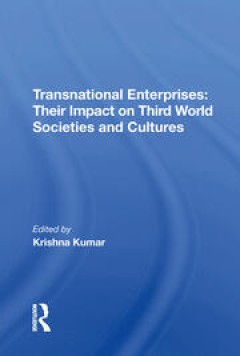
Transnational Enterprises : Their Impact On Third World Societies And Cultures
This book represents the first attempt to conceptualize the social and cultural impact of transnational enterprises on host nations and to provide empirical and analytical material on the subject. Well-known social scientists focus on three critical areas: social inequalities, knowledge systems, and lifestyles and values. Collectively, they advance
- Edition
- -
- ISBN/ISSN
- 9780429269585
- Collation
- -
- Series Title
- -
- Call Number
- 300
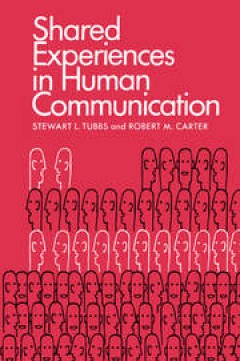
Shared Experiences in Human Communication
A novel approach to traditional subjects, the wide variety of opinions, and the extensive introductory material lift this book out of the ordinary “readings" class, and will reward the reader with understanding and appreciation of a complex subject. This collection of 37 provocative selections on human communication shares with the reader the experience and insights of some of the best minds …
- Edition
- -
- ISBN/ISSN
- 9781351306560
- Collation
- -
- Series Title
- -
- Call Number
- 300
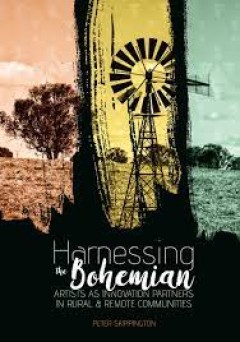
Harnessing the Bohemian: Artists as innovation partners in rural and remote c…
Harnessing the Bohemian takes a fresh and interdisciplinary perspective on the intractable problem of shrinking populations and resources in remote/rural communities. It challenges the conventional wisdom of community development theories and practices and envisages more central roles for the creative disciplines in revitalising futures planning. It argues that the evolution of technolo…
- Edition
- -
- ISBN/ISSN
- 9781760460525
- Collation
- -
- Series Title
- -
- Call Number
- -
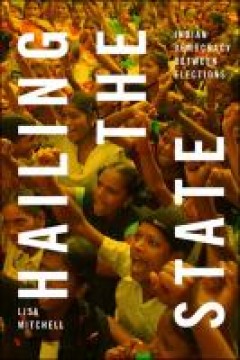
Hailing the State: Indian Democracy between Elections
Lisa Mitchell explores the historical and contemporary methods of collective assembly that people in India use to hold elected officials and government administrators accountable.
- Edition
- Ed. 1
- ISBN/ISSN
- 9781478093589, 9781478016120
- Collation
- 319
- Series Title
- -
- Call Number
- 320 MIT h
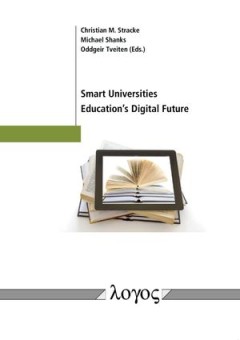
Smart Universities : Education’s Digital Future
Institutions of learning at all levels are challenged by a fast and accelerating pace of change in the development of communications technology. Conferences around the world address the issue. Research journals in a wide range of scholarly fields are placing the challenge of understanding "Education's Digital Future" on their agenda. The World Learning Summit and LINQ Conference 2017 proceeding…
- Edition
- -
- ISBN/ISSN
- 9783832545956
- Collation
- -
- Series Title
- -
- Call Number
- 370 SMA
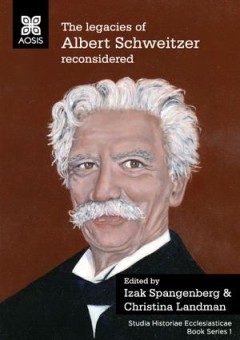
The legacies of Albert Schweitzer reconsidered
This book on the legacy of Albert Schweitzer contextualises this remarkable intellectualist, humanist, medicine-man, theologian and Nobel Prize winner. This collected work is aimed at specialists in the humanities, social sciences, education, and religious studies. The authors embrace philanthropic values to benefit Africa and the world at large. The publication engages with peers on the releva…
- Edition
- -
- ISBN/ISSN
- 9781928396031
- Collation
- -
- Series Title
- -
- Call Number
- 300 LEG
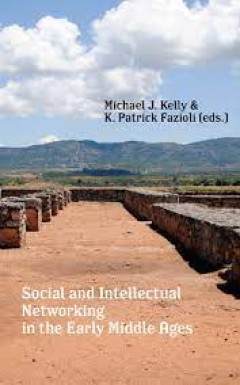
Social and Intellectual Networking in the Early Middle Ages
Social and Intellectual Networking in the Early Middle Ages seeks to expand our understanding of early medieval connectivity by interrogating social and intellectual collaborations, competitions, and communications among persons, places, things, and ideas in the European and Mediterranean West during the second half of the first millennium CE. In so doing, its contributors explore the existence…
- Edition
- -
- ISBN/ISSN
- 9781685710552
- Collation
- -
- Series Title
- -
- Call Number
- -
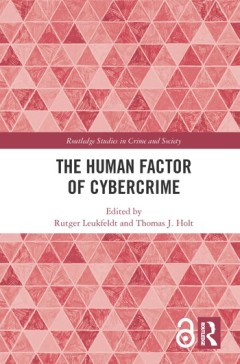
The Human Factor of Cybercrime
Cybercrimes are often viewed as technical offenses that require technical solutions, such as antivirus programs or automated intrusion detection tools. However, these crimes are committed by individuals or networks of people which prey upon human victims and are detected and prosecuted by criminal justice personnel. As a result, human decision-making plays a substantial role in the course of an…
- Edition
- Ed. 1
- ISBN/ISSN
- 9780429460593
- Collation
- 432
- Series Title
- -
- Call Number
- 364.4 HUM h
 Computer Science, Information & General Works
Computer Science, Information & General Works  Philosophy & Psychology
Philosophy & Psychology  Religion
Religion  Social Sciences
Social Sciences  Language
Language  Pure Science
Pure Science  Applied Sciences
Applied Sciences  Art & Recreation
Art & Recreation  Literature
Literature  History & Geography
History & Geography